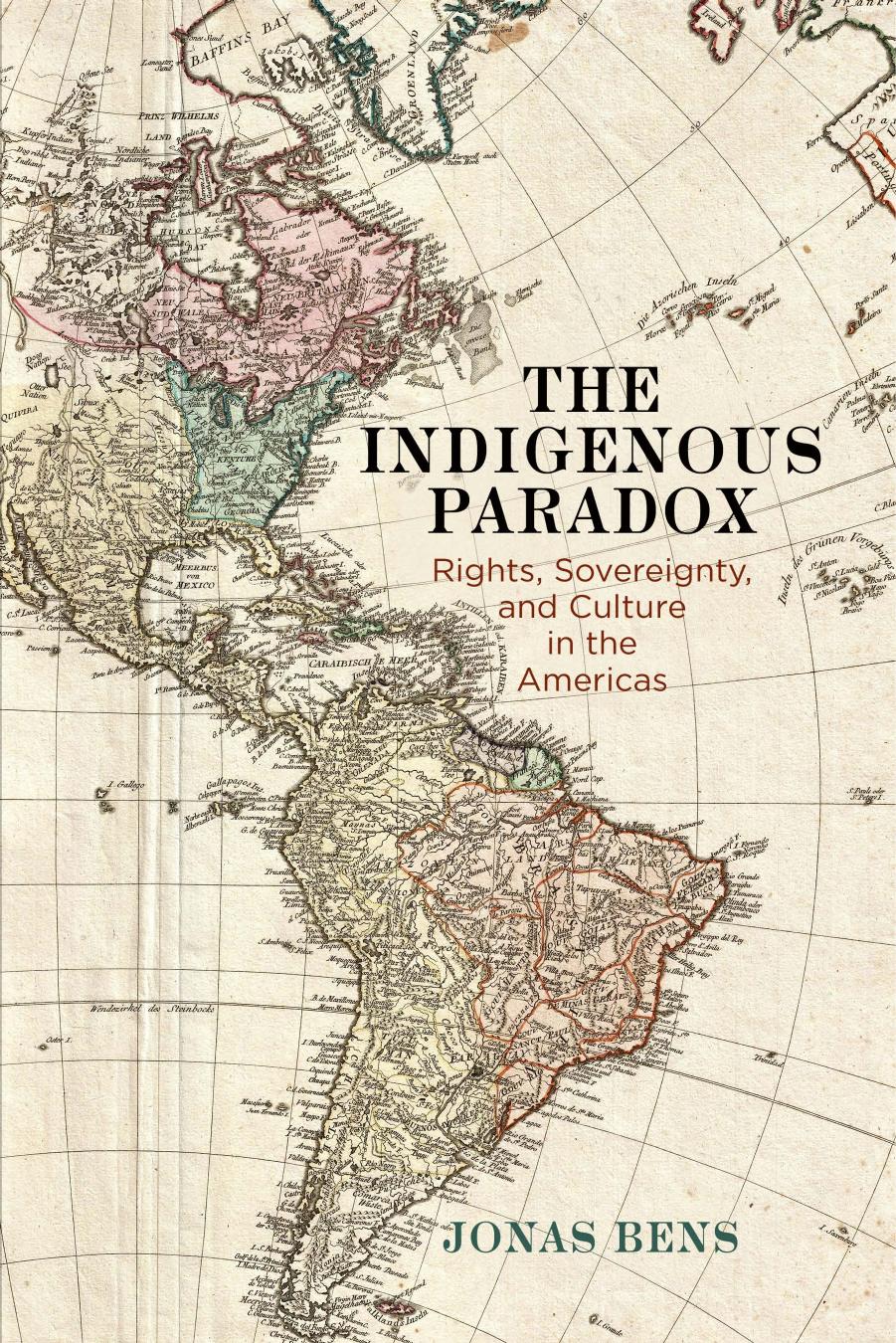The Indigenous Paradox by Jonas Bens

Author:Jonas Bens
Language: eng
Format: epub, pdf
Publisher: University of Pennsylvania Press, Inc.
Published: 2020-02-15T00:00:00+00:00
The Ruling
The Court extensively elaborated on two central questions: the applicable family law and the issue of collective reparations. On the question of family law, the Court acknowledged that âin the instant case, there is some difference of opinion between the parties as to who the successors of the victims are.â The Commission âurges that this decision be made with reference to the customs of the Saramaka tribe, whereas Suriname requests that its civil law be appliedâ (para. 55).
The Court, being, after all, an international court, clarified that the question of who the successors of a person are had to be decided according to international law. But because no international treaty (such as ILO 169) applicable to Suriname could be found and âunder international law there is no conventional or customary rule that would indicate who the successors of a person are,â the Court had no alternative but to apply general principles of law (para. 61).8 According to general principles of law, the successors of a person are his or her âchildren,â âspouse,â and âascendants.â International law does not provide precise definitions of these terms; they have to be interpreted according to âlocal law.â
But which local law should be appliedââofficialâ Surinamese law or âtraditionalâ Saramaka law? If Saramaka family law were to be made the reference point for the Courtâs decision, its body of rules would have to qualify as âlocal law,â which would appear to confirm the existence of a legal pluralism that includes both Saramaka law and Surinamese law. As the first link to determining some form of legal autonomy of the Saramakas, the Court discusses the treaty the Saramakas made with the Dutch. âThe Commissionâs brief affirms that the Saramakas enjoy internal autonomy by virtue of a treaty dated September 19, 1762, which granted them permission to be governed by their own lawsâ (para. 56). In North America such treaties had been interpreted as quasi international treaties between sovereign nations. The Court, however, does not go in that direction. Instead it argues as follows:
The Court does not deem it necessary to investigate whether or not that agreement is an international treaty. Suffice it to say that even if that were the case, the treaty would today be null and void because it contradicts the norms of jus cogens superveniens. In point of fact, under that treaty the Saramakas undertake to, among other things, capture any slaves that have deserted, take them prisoner and return them to the Governor of Suriname, who will pay from 10 to 50 florins per slave, depending on the distance of the place where they were apprehended. Another article empowers the Saramakas to sell to the Dutch any other prisoners they might take, as slaves. No treaty of that nature may be invoked before an international human rights tribunal. (para. 57)
Download
This site does not store any files on its server. We only index and link to content provided by other sites. Please contact the content providers to delete copyright contents if any and email us, we'll remove relevant links or contents immediately.
| Anthropology | Archaeology |
| Philosophy | Politics & Government |
| Social Sciences | Sociology |
| Women's Studies |
Cecilia; Or, Memoirs of an Heiress — Volume 1 by Fanny Burney(31322)
Cecilia; Or, Memoirs of an Heiress — Volume 3 by Fanny Burney(30928)
Cecilia; Or, Memoirs of an Heiress — Volume 2 by Fanny Burney(30885)
The Great Music City by Andrea Baker(21166)
We're Going to Need More Wine by Gabrielle Union(18064)
Bombshells: Glamour Girls of a Lifetime by Sullivan Steve(13100)
Pimp by Iceberg Slim(12922)
All the Missing Girls by Megan Miranda(12739)
Fifty Shades Freed by E L James(12443)
Norse Mythology by Gaiman Neil(11873)
Talking to Strangers by Malcolm Gladwell(11859)
Crazy Rich Asians by Kevin Kwan(8340)
Mindhunter: Inside the FBI's Elite Serial Crime Unit by John E. Douglas & Mark Olshaker(7827)
The Lost Art of Listening by Michael P. Nichols(6461)
Enlightenment Now: The Case for Reason, Science, Humanism, and Progress by Steven Pinker(6402)
Bad Blood by John Carreyrou(5760)
The Four Agreements by Don Miguel Ruiz(5502)
Weapons of Math Destruction by Cathy O'Neil(5029)
We Need to Talk by Celeste Headlee(4861)
